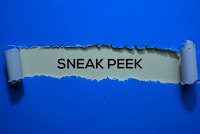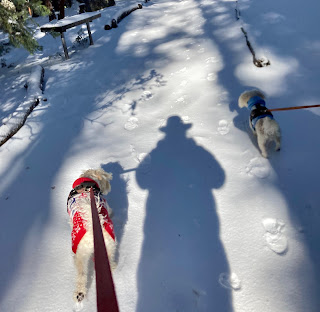Now that 2022 is well and truly “in the books” (!) did you learn any business tips you can pass on?
This author’s public life has been a work in progress. I created a short listicle from practice areas where I am constantly learning. As I strive to improve my writing, I strive to continuously improve my digital footprint and the perception of my work and myself as an author. Any one of the bullets below are worthy of a full-length post, but I think you’ll get the idea without me having to belabor the obvious.
The Do and Don’ts of Blurbs
My view on the matter: Asking for them is like dating, you won’t know until you ask. Blurbs are a marketing tool to lure readers to your work.
· Don’t wait to the last minute
· Don’t make the blurb about prestige
· Be professional with your request, in person or by email
o Conferences are an excellent time to request a blurb
o Don’t underestimate the face-to-face encounter
o Target authors like or similar to what you write
· Provide a clean and edited manuscript
· Provide Word count (so they can estimate time-commitment)
· Set expectation and propose a Target date
· Provide a short description of your work (a mini-pitch of 100 words)
· Never take it personal if a fellow author says No
o Authors are busy people
o Authors have their own deadlines
· Store your blurbs in one place (The Credibility File)
· Writing a blurb is hard work
o If you write one, look at the latest fad in wording and avoid them (example: ‘propulsive’)
o Make comparisons for the reader. It is X meets Y
· Say “Thank you”
· Promote the writers who promote you
Social Media
· Work the platform where you are most comfortable (FB, IG, Twitter)
· Check to make sure you tag the right person on Social Media
o I keep two tabs open when I tweet
· Use images or make graphics because they are more memorable
o I use Canva, and search Unsplash for royalty-free graphics
· Create content as opposed to always Retweeting someone else
· Don’t scream BUY MY BOOK All. The. Time. (obnoxious)
· Leverage your tweet
o Give #shoutouts to:
§ Publishers
§ Authors who blurb the books
§ Fellow authors in an anthology
§ Local writing organizations
§ Local MWA chapter
§ Local Sisters in Crime
§ Other authors mentioned, if in an article (example: Crime Reads)
· Communicate INFORMATION about Events
o The 5 W:
§ Who
§ What
§ When (Don’t forget Time Zones)
§ Where
§ Why
· Use an URL short-link
· Make your tweet readable and not a string of hashtags
· Use trending tags strategically
o Example: I pimp my cat Munchkin on #Caturday
· Be consistent and CREATE AN EXPERIENCE for the visitor (that is your brand)
o I use humor on FB because I want visitors to have their first smile of the day seeing my page
Be PROFESSIONAL & Positive
· Avoid political screeds, troll wars, and pile-ons [waste of energy]
· Be cautious with humor and sensitive to tone in your wording, especially in emails
· Act as if someone is always watching (readers, reviewers, and agents)
· Everything on the web lives FOREVER

















